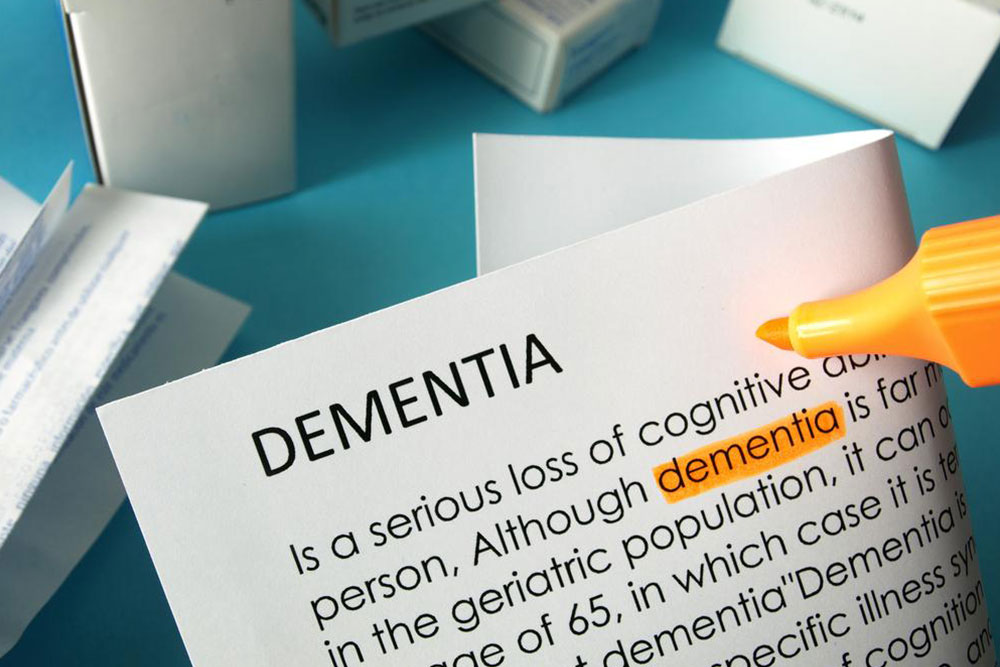Recognizing Early Signs of Alzheimer's Disease
This article highlights the early signs of Alzheimer's, including memory loss, communication difficulties, and confusion. Recognizing these symptoms early can aid in timely diagnosis and management. The content emphasizes consulting healthcare professionals for proper assessment and care. Designed to inform readers about Alzheimer’s symptoms, its goal is to promote awareness and prompt action for better health outcomes.

Early Indicators of Alzheimer's Disease
Experiencing frequent memory lapses that interfere with daily routines could signal Alzheimer’s. This neurodegenerative condition gradually impairs memory, thought processes, and reasoning abilities. Recognizing the warning signs early is crucial. Each individual may display these symptoms differently. If you or someone close to you shows any of these signs, consult a healthcare professional promptly.
Memory difficulties affecting daily activities
One of the hallmark symptoms is forgetfulness, especially with recent events. Other signs include missing important dates, repeatedly asking the same questions, or increasingly relying on reminder tools or loved ones for tasks performed independently before.
Difficulty with speech and writing
Individuals may struggle to find the right words to name objects, share thoughts, or communicate effectively. Over time, reading and writing skills can decline.
Problems planning and problem-solving
Some individuals might find it challenging to develop plans or manage tasks involving numbers, such as cooking or bill-paying. Concentration may waver, and tasks take longer than usual.
Judgment and decision-making issues
Reacting to everyday situations, like handling kitchen mishaps or driving challenges, may become more difficult.
Disorientation regarding time or location
Patients may lose track of dates, seasons, or the passage of time. Understanding of current events may falter, and they might forget their current location or how they arrived there.
Misplacing items and difficulty retracing steps
Putting objects in unusual places and being unable to locate them later is common. Such individuals might also accuse others of theft, with episodes increasing over time.
Note:
The information provided on symptoms, treatments, health conditions, and side effects is for educational purposes only. It should not replace professional medical advice. Always consult qualified healthcare providers for diagnosis and treatment. Use discretion and do not interpret this content as medical guidance.










